Environment

How our daily lives end up in the water
When residues in our waters are discussed, agriculture is often portrayed as the main culprit. Yet a closer look shows that the sources are diverse and often much closer to everyday life than assumed.
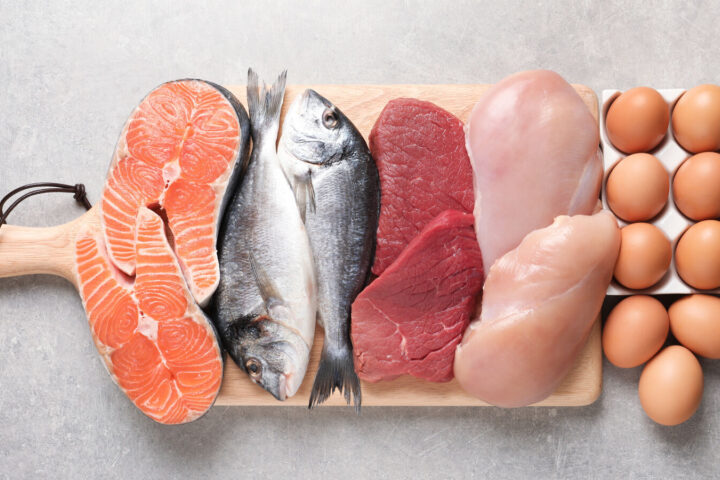
Sales bans due to PFAS: Should we be worried?
After spectacular sales bans on fish and meat due to PFAS contamination, consumers are asking themselves: How dangerous are these substances really – and what can still be placed in the shopping basket without concern?
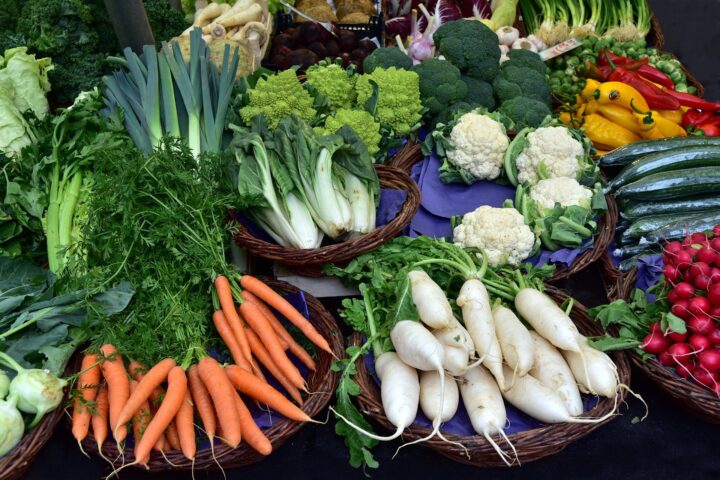
‘There is no such thing as chemical-free food – there never has been and there never will be’
Chemical residues in our food are a hotly debated topic in the media time and again. A glance at Austria shows that it is an illusion to believe that residue-free food production is possible. This is because residues come from both natural and synthetic sources. And the same applies to all of them: it is the quantity that makes the poison.

Why domestic cats threaten biodiversity
A ban on keeping domestic cats is currently being discussed in Scotland. The reason: driven by their hunting instinct, they are able to wipe out entire species of animals. The cat problem is also on the agenda in Switzerland.

Using Crispr to combat climate change
In the Tages-Anzeiger newspaper, Nobel Prize winner Jennifer Doudna talks about the opportunities and risks of gene scissors. The tool can be used to specifically treat hereditary diseases, breed drought-tolerant plants and reduce greenhouse gas emis-sions from cows.
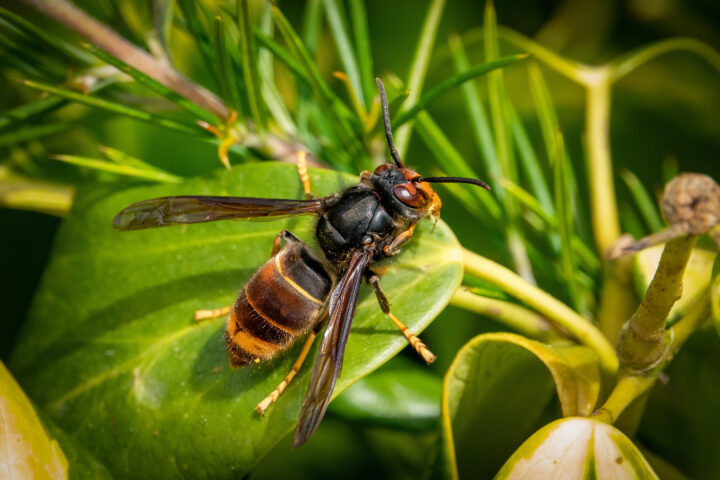
Asian hornet threatens native honey bee
More and more invasive pests are spreading in Switzerland. The most recent example is the Asian hornet, which poses a major threat to the native honey bee. But other invasive species also threaten agriculture and biodiversity. Control measures are many and varied. But pesticides (plant protection products and biocides) remain an important tool in the fight against the pests.
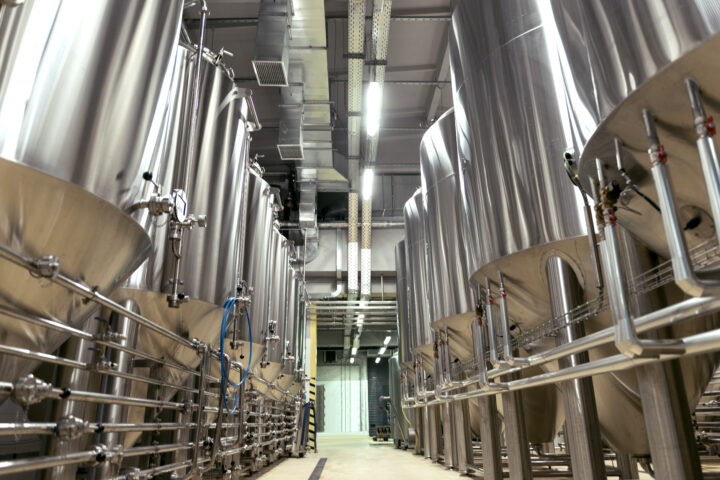
Will the food of the future be grown in a laboratory?
The global food system is currently responsible for approximately one third of all greenhouse gas emissions. Animal products, which require a large amount of land to produce, are one of the major contributors. For this reason, a number of start-ups are working eagerly on alternative protein products that require fewer resources and no animals, and are produced using industrial processes. After all, to feed more than nine billion people, all options and technologies have to be considered.
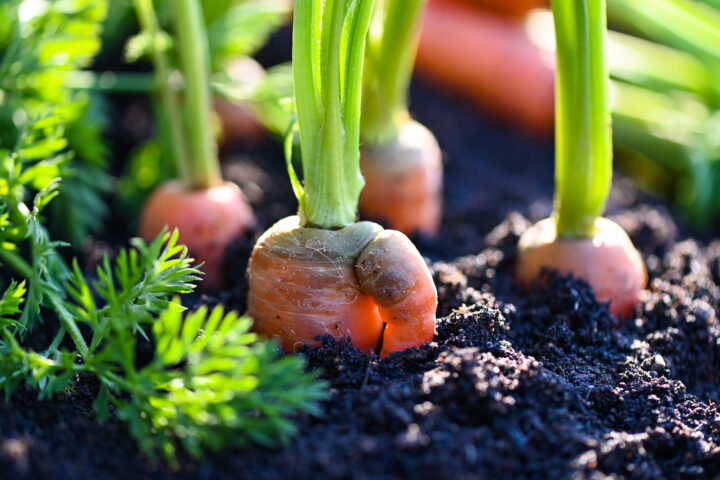
Is organic more ecological?
A study by the Technical University of Munich (TUM) posits that organic farming causes significantly lower environmental costs than conventional farming. However, agricultural economist Herbert Strübel disagrees, as the significantly lower yields of organic farming are not included in the calculation.
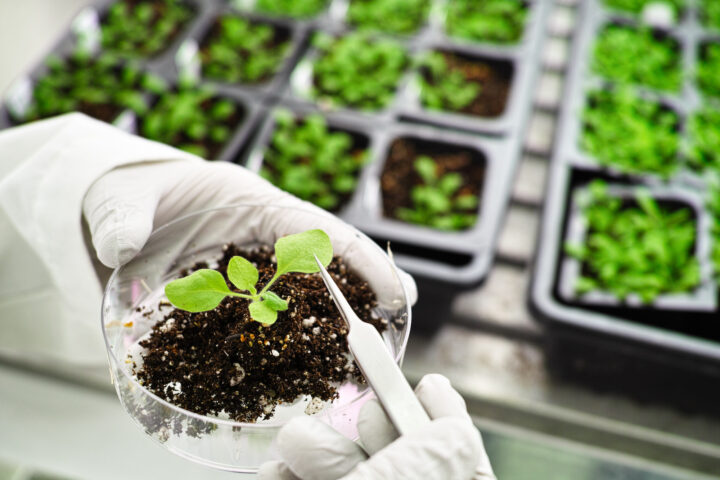
Nobel prize laureate Nüsslein-Volhard: “Genetic engineering offers major opportunities for environmental protection”
Genetically modified plants are not cultivated in Europe, an approach criticized by Christiane Nüsslein-Volhard as anti-scientific and ideology-driven.
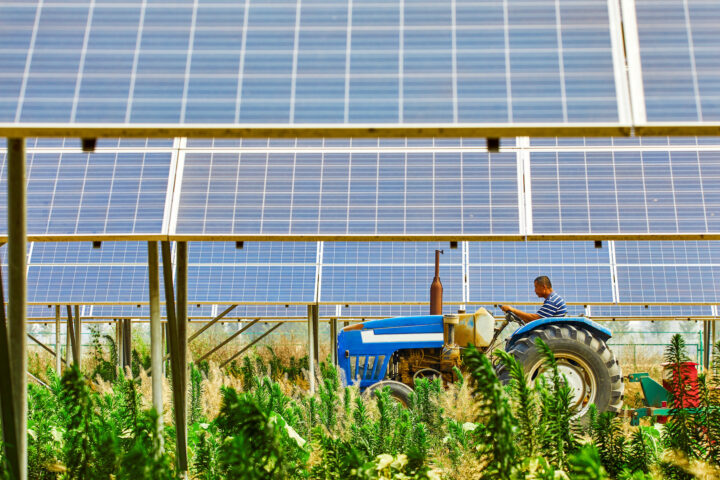
Double Benefit: Electricity and Nutrition from the Land
The demand for both food and electricity is set to increase dramatically in future. Concurrently, there will be less free space available. So why don’t we use arable land to produce both food and electricity at the same time? This would be possible using solar panels that produce electricity several meters above the ground. Plants that need shady conditions could grow beneath them.
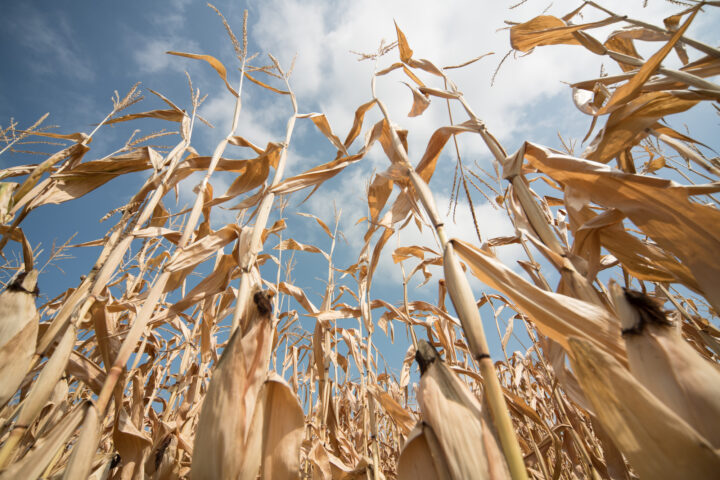
Europe is suffering from severe drought
This summer, large parts of Europe have received less rainfall than at almost any other time in their history. A phenomenon we are set to see occur ever more frequently in future. The trend in Switzerland is also pointing towards more drought. This poses an enormous challenge for agriculture. With a drought early warning system, farmers should, in future, have better opportunities to plan for these eventualities.
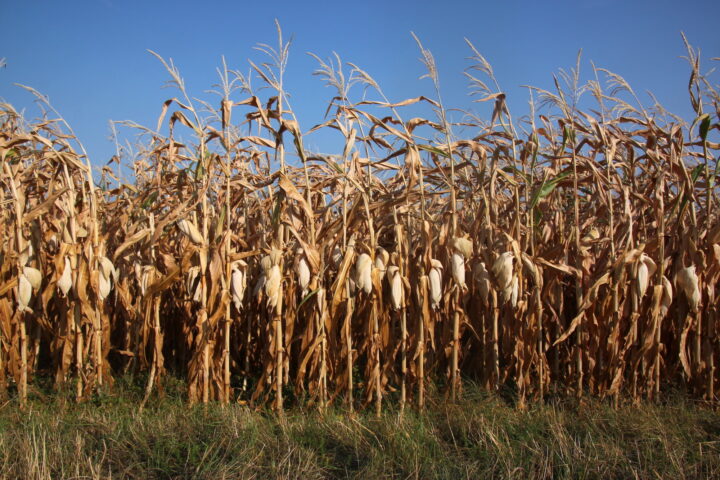
Long Periods of Drought Endangering the Food Supply
The drought from 2018 to 2020 was the worst in the last 250 years. This is the finding of researchers at the Helmholtz Centre for Environmental Research. As a result of climate change, future droughts could last for as long as 20 years, which would have profound consequences for agriculture and the world’s food supply. Meanwhile, countries like Switzerland are still ill- prepared for the threat of such droughts.
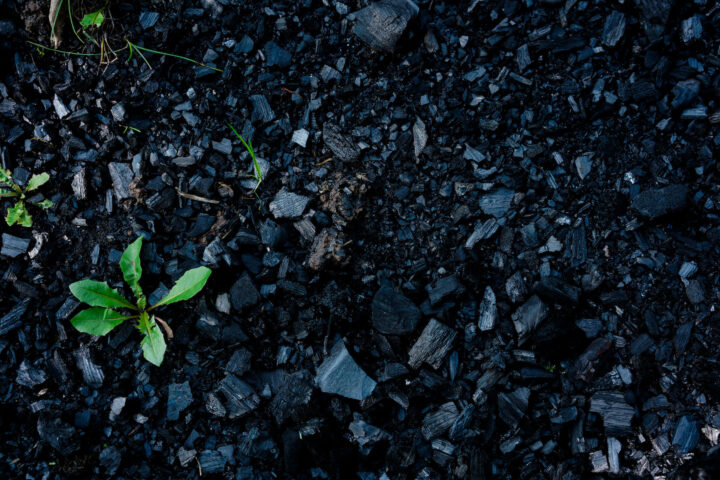
Plant charcoal for soil and climate
Farmers in Zug produce coal from plant waste to fertilize their soils and extract carbon from the atmosphere. They recently received the Federal Energy Award Watt d'or for their pioneering work. We congratulate them.
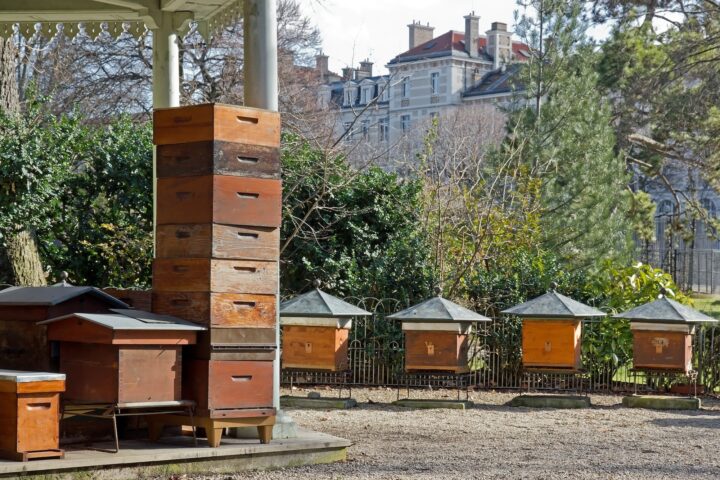
Urban beekeeping is endangering biodiversity
Beekeeping is booming in Swiss cities. Urban residents want to make a contribution to the conservation of the honeybee. However, a study by the WSL research institute shows that the amateur beekeeping is not sustainable. It endangers biodiversity in cities, as honey bees increasingly displace wild insects.

Climate change: "You have to invest heavily in innovation".
On the occasion of the 26th Climate Change Conference in Glasgow, Matthias Berninger, Global Head of Public Affairs, Science & Sustainability at Bayer, talks about the potential of new fertilisers for climate protection.
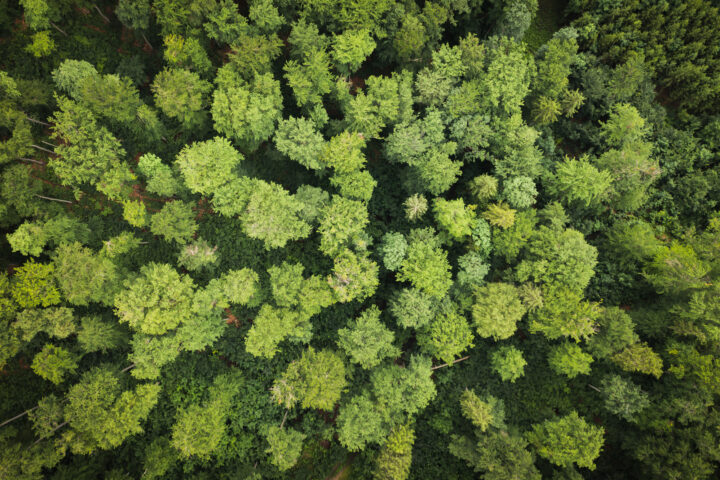
The temptation of the popular
Agriculture is one of the first victims of climate change. At the same time, it causes a significant share of global greenhouse gases. New technologies are the key to minimising the problem. But experts in particular are finding it increasingly difficult to recognise innovations as a solution to climate change.
Content in German
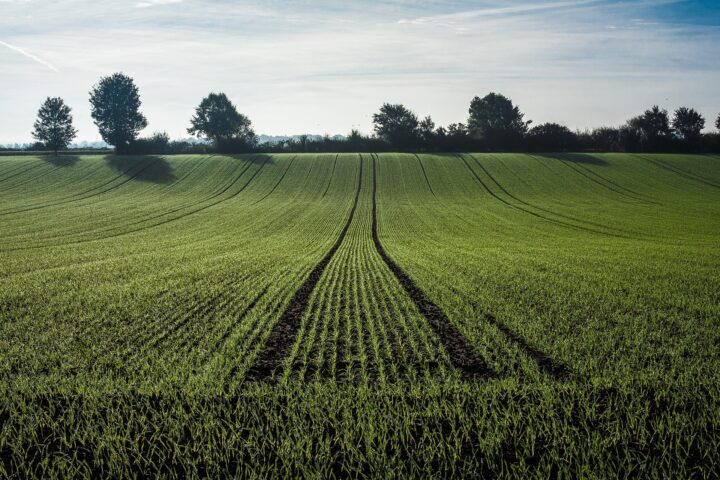
CO2 reduction with alternative artificial fertiliser
The two agrochemical producers Bayer and Syngenta are investing in an American start-up whose technology can massively reduce the use of nitrogen fertiliser.
Content in German
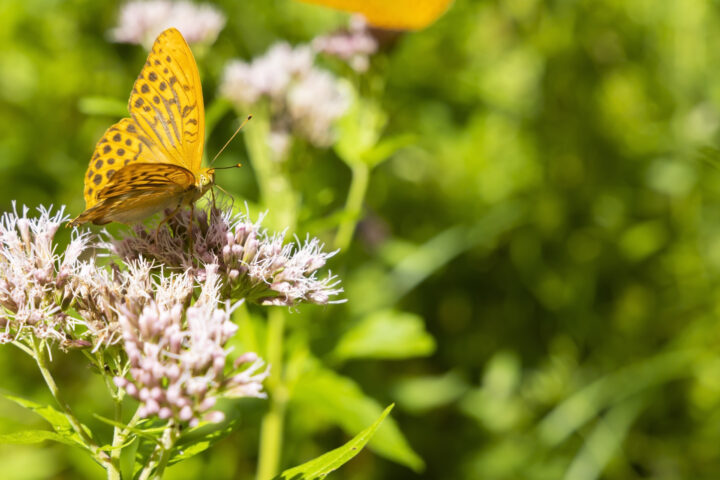
More organic does not mean more biodiversity
According to a team of researchers at the University of Göttingen, the key to more biodiversity lies in a landscape mosaic of natural habitats and small and diverse areas of cultivation.
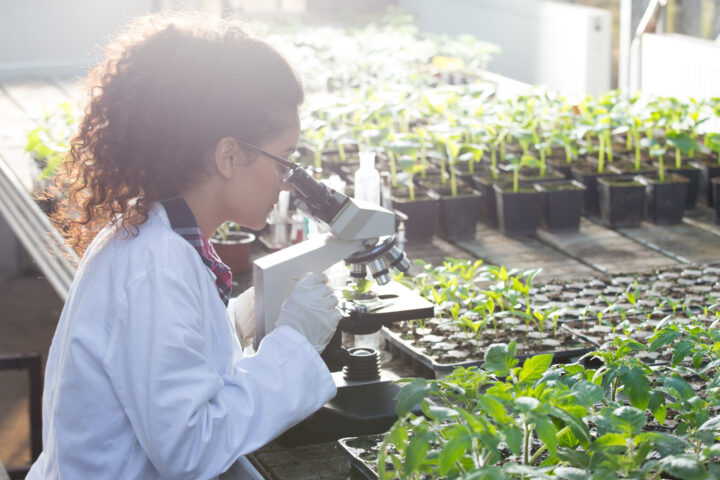
Moratoria also damage research careers
Researchers are losing access to Horizon Europe. Restoring it is a top priority. But Switzerland also has it in its own hands to enable attractive new fields of research instead of blocking them.
Content in German
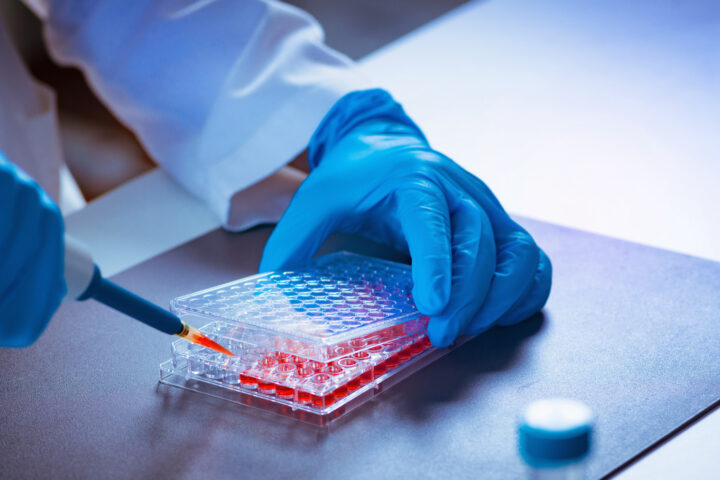
Don’t stifle research and innovation
Whether it’s 5G, the coronavirus vaccine or genetic engineering, there is a lot of resistance to new technologies at the moment.

